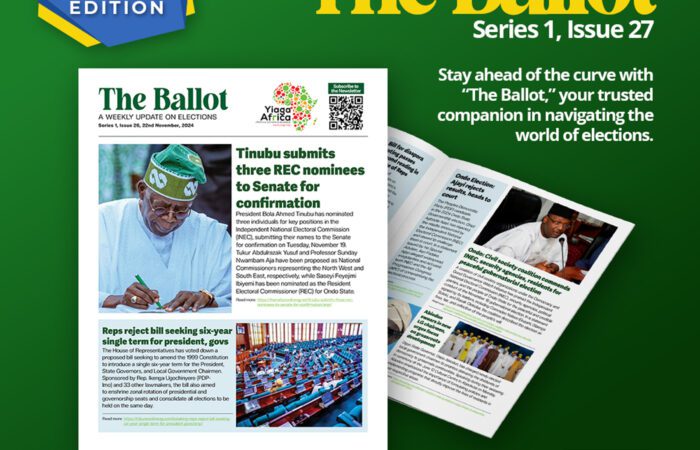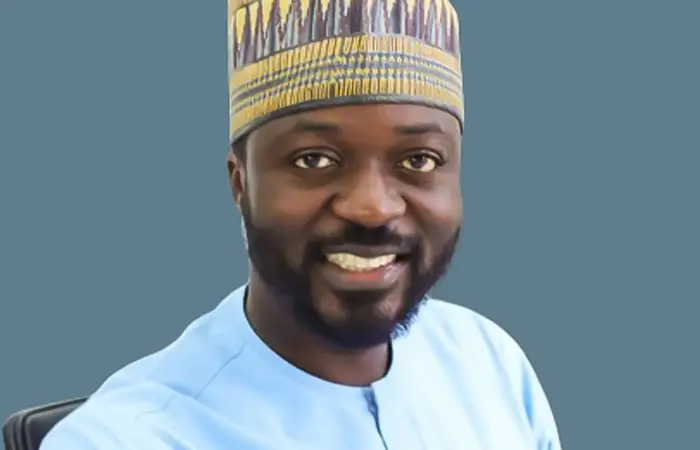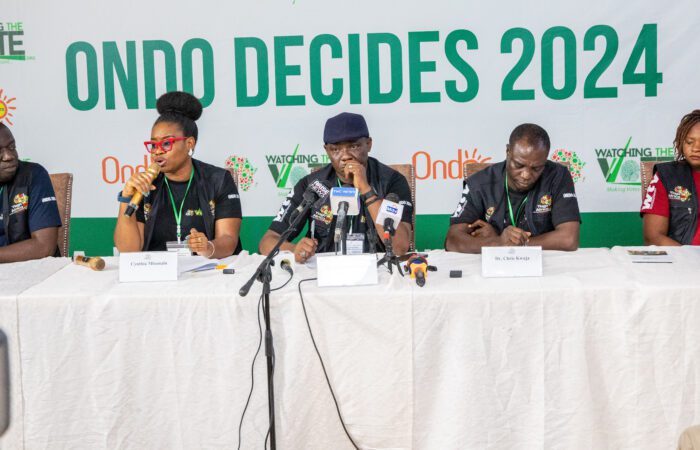The recent announcement of the dates for the much expected 2019 general elections by the Independent National Electoral Commission (INEC) has once again heightened anxieties regarding the preparedness of the electoral commission to sufficiently and successfully deliver on the expectations of Nigerians in view of emerging challenges in the political and electoral scenes. According to the election timetable released by INEC, the Presidential and National Assembly polls would hold on February 16, while the Governorship and State Assembly elections have been scheduled for two weeks later on the 2nd of March.
Building on the foundation laid by the past leadership of the commission, the timely release of the timetable for the election is commendable. Notwithstanding however, INEC must realise most Nigerians would not likely accept early release of the time-table as clear indication of its preparedness to ensure free, fair and credible elections. What is important therefore is for the new leadership of INEC, which would be undertaking the task of organising a general election for the first time, to scale-up preparations and ensure that all identified grey areas in deployment of logistics, existing lacuna in the operation of Card Reader Machine as well as the Electronic Transmission of Results which is expected to debut during 2019 polls are carefully addressed.
It is a welcome development that apart from raising the confidence level of Nigerians with the early release of the election timetable, INEC is also upbeat with the retooling of its Election Management and Election Risk Management Systems which are two critical elements that could either boost, diminish or ruin the integrity of the elections. We must however add that INEC must do a lot more to assure Nigerians of its readiness to deliver on the expectations of free and fair elections which is the minimum Nigerians expect in 2019.
Considering the chequered history of rancorous disputations that characterised election management in Nigeria, it should be instructive that the 2015 presidential election which brought President Muhammadu Buhari to power came with minimal and tolerable levels of discrepancies which enable the then incumbent president, Dr Goodluck Ebere Jonathan and his then ruling Peoples Democratic Party (PDP) to willingly accept the outcome. The current leadership of INEC should therefore be mindful of the need to build on the credibility of the process in order for the outcome of the elections to pass the integrity test. It must be reiterated that the success of the presidential poll, which would be held on the first day with national assembly elections, is vital to the stability of the democratic process and the survival of the polity. It is therefore incumbent on INEC leadership to live above board and be seen to be fair to all contending forces without bias.
While INEC has held pockets of state and legislative elections since 2016
where it recorded notable successes and now bracing up for the governorship elections in Ekiti and Osun states, the commission should be mindful of being carried away by previous accomplishments in isolated elections. The 2019 general elections posit different ballgame bound to be dictated by interplay of dynamics that require trepidation and courage from the leadership of INEC. The challenges of human management, finance, logistics, security and other exigencies require enormous responsibilities from INEC as Nigerians would most probably not accept excuses for failure. It would therefore be a welcome development if the release of the time-table for elections also meant that INEC has started its own race towards the 2019 ahead of all other stakeholders in the elections.
Public enlightenment remains vital to the success of an electoral process and therefore INEC must begin in earnest to deploy voter education and proper orientation to keep electorate informed on the components of the initiatives of Election Management and Election Risk Management Systems. INEC should also work assiduously on its oversight roles of ensuring that political parties operate within rules and regulations as defined by the country’s constitution and extant electoral laws.
INEC must hold political parties accountable to the tenet of internal democracy owing to its centrality to overall success of election management process. More important is the need for INEC not to be compromised by individuals or groups who may wish to circumvent the credibility of the process and truncate the wishes of Nigerians.
Source: Independent






